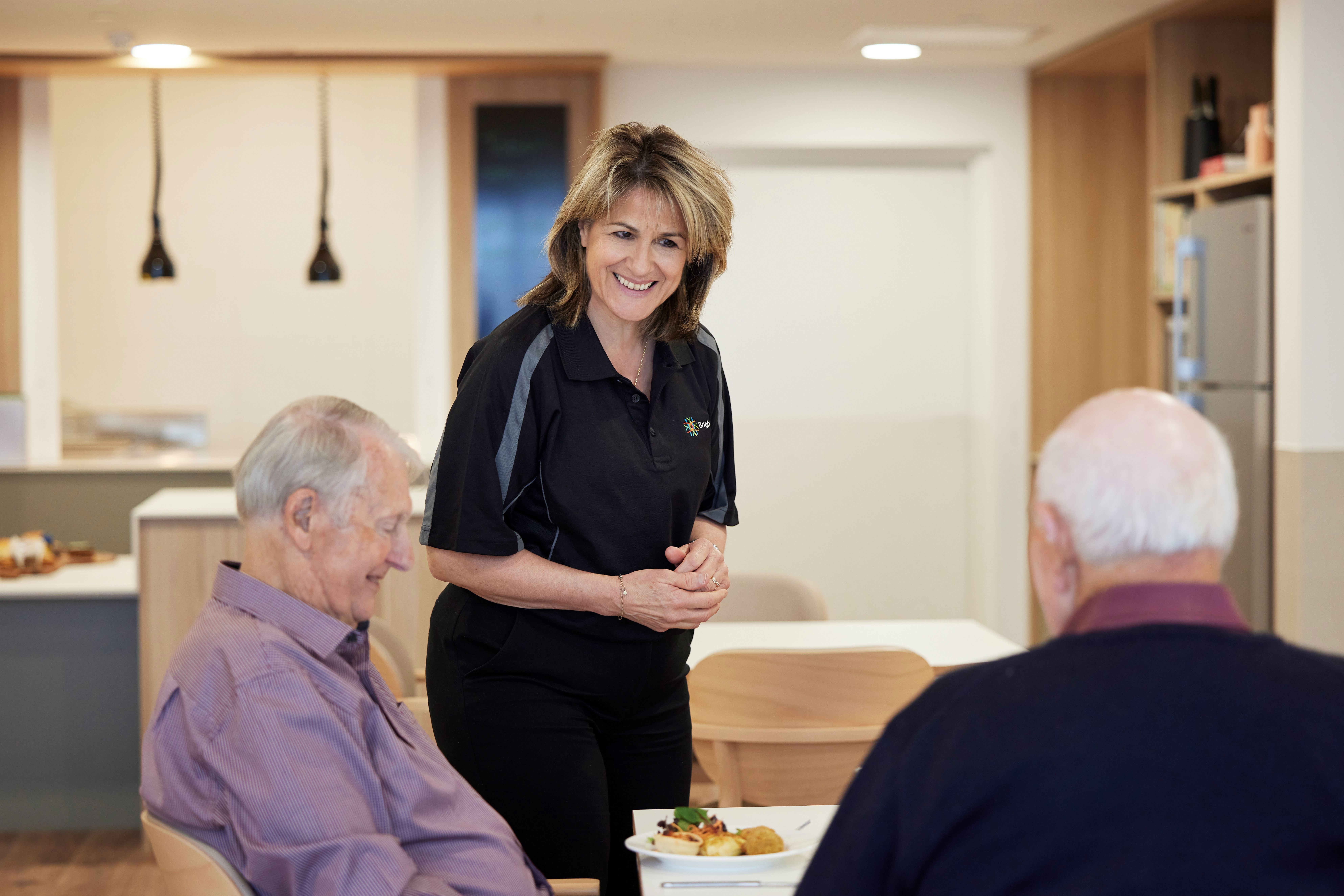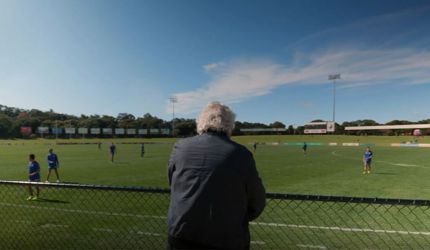
The Aged Care Assessment Team (ACAT) is the primary assessment team who assess the care requirements of people with higher care needs.
Their assessments allow people to access Home Care Packages (HCP), short-term care options and residential aged care. The primary goal of the assessments is to determine what support you may need to maintain or improve you level of independence.
When an ACAT Assessor comes to visit they are looking at a range of factors:
- What your day-to-day life currently looks like.
- Your recent health, any health conditions and medications you are currently taking.
- How you feel about your health.
- If you have any memory problems.
- How do manage with your routine activities.
- Do you have any support from family and friends.
- Any records from your GP and other health professionals.
They'll also make sure you understand the process of receiving aged care and discuss your options going forward. After your interview, they'll talk to the rest of their team and decide the level of care you are eligible for.
How long does the assessment take?
An ACAT assessment length can vary, however it normally takes between 45 and 75 minutes.



